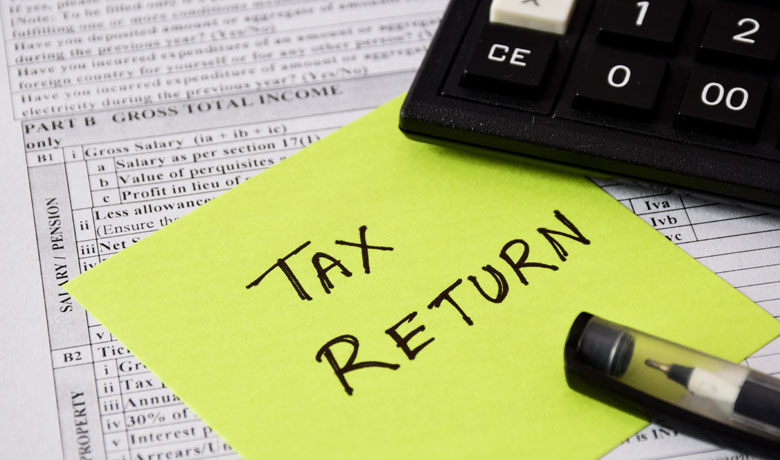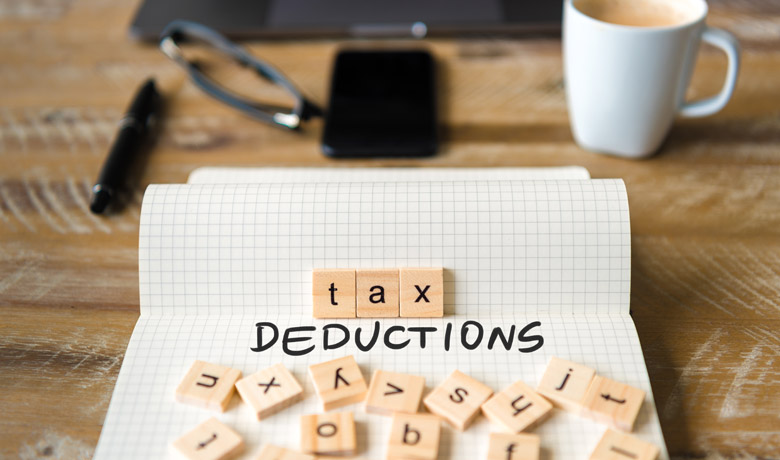Income Taxes
Income Taxes
If you operate a small business, you must file a business income tax return each year. It is all part of owning a successful business, and understanding how Canadian income taxes are filed and prepared, helps you get the best return. This includes knowing which business expenses qualify as legitimate Canadian income tax deductions, as well as understanding how to maximize those deductions.
Income Tax Returns For Small Business
- Any tax return you need to complete and file for your small business will depend on how your business is set up. For example, i your business is a sole proprietorship or partnership, you must report your business income on your T1 personal income tax form. You are a one person entity and the T1 income tax return package includes Form T2125, Statement of Business or Professional Activities, which you will use to report your business income.
- However, if your small business is incorporated, you will need to report your business income on a T2 corporate income tax return because legally, your incorporated small business is a separate entity and must complete and file its own Canadian income tax return.
- Additionally, as a separate legal entity, you must complete and file your own T1 personal income tax return.


Legitimate Income Tax Deductions
As a small business owner who employs an accountant and tax service, it is still helpful to know which business expenses qualify as Canadian income tax deductions in order to maximize your business income tax deductions including doing the following:
- Keeping track of your receipts, income tax deductions related to the cost of doing business, and income tax deductions for home-based businesses.
- Understanding the rules for vehicle business expenses, travel-related expenses, employing your child or spouse, advertising expenses, and the kind of business expenses that fall into the Canada Revenue Agency’s “other” category.
- Referring to the Canada Revenue Agency website to find out if a particular business expense qualifies as a legitimate Canadian income tax deduction and the rules for claiming that particular business expense.
Home-Based Income Tax Deductions
As a home-based business owner, you have some Canadian income tax advantages. Business expenses including home maintenance and homeownership.
Additionally, there are also several home-based business tax deductions that you can take advantage of when you understand the rules for claiming the business-use-of-home expense and how to calculate the amount of the deduction if your home-based business is eligible.
Other Income Tax Deductions
You may also be able to make additional deductions:
- Capital Cost Allowance. No discussion of Canadian income tax and small business would be complete without mentioning capital cost allowance (CCA). Understand how to calculate CCA and how to make the most of your capital cost allowance claim.
- Registered Retirement Savings Plans. Registered Retirement Savings Plans (RRSPS) are the best way to reduce Canadian income tax deductions for small businesses that are structured as sole proprietorships or partnerships. Determine the RRSP contribution limits and how to time your RRSP contributions for maximum income tax impact.
- Scientific Research and Experimental Development. Many small businesses are under the impression that scientific research and experimental development (SR&ED) tax incentives are something that only larger or incorporated businesses can use. However, the SR&ED Tax Credit Program may also apply to your small business.
- Gifts to Employees as Canadian Income Tax Deductions. If you’re the generous kind of employer who gifts your employees, you should understand the income tax deduction rules for gifting.
Preparing Your Income Tax Returns
The following tips can assist you in preparing and filing your tax return:
- Your first business income tax return provides details on how to fill out the T1 personal income tax return, the Canadian income tax return you need to complete and file if your business is structured as a sole proprietorship or partnership.
- If you own a corporation doing business in Canada, you should understand how to prepare and file corporate income tax, including the current corporate tax rates, who can use the T2 Short Return, and when corporate income tax is due.
Using an Accountant to Prepare Your Canadian Income Tax Returns
Small businesses should have an accountant complete their Canadian income tax returns. Their expertise are an obvious reason, however, having a tax professional’s “seal” on your small business’s Canadian income tax return can also provide assurance of accuracy.

If you are currently setting up your small businesses, or you need to catch up on your current small business taxes, then contact our Blue Ocean team, and we will work one-on-one with you and ensure that your taxes are up-to-date, and compliant with the CRA. We are small business accounting and tax professionals, so when you contact our team, you can be assured that you are in the right hands.
